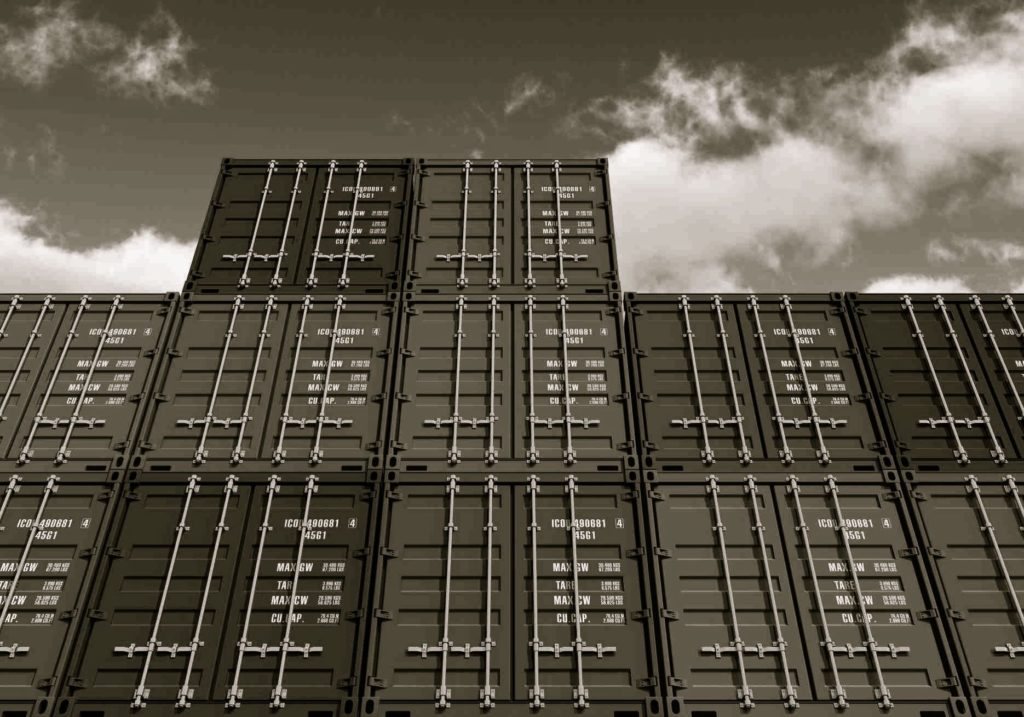The European Union was founded out of the realization that common interests are a recipe for peace, and in that regard it has been hugely successful and rightly received the Nobel Peace Price. With the exception of the wars in former Yugoslavia, the conflict in Georgia and the illegal and aggressive Russian attacks on Ukraine, the continent of Europe has enjoyed peace since the EU's founding. But the union also has a greater ambition: to serve as a role model and use its influence for the good of peace and democracy around the world. It ranges from development aid, humanitarian assistance, soft diplomacy to regular peacekeeping and peace making operations, including civil missions.
Yet, counter to the will of spreading peace, democracy and human rights, stands an often sided contradiction - arms exports.
Over the period of 2010-2014, EU Member States were responsible for 25.4 per cent of the deliveries of major conventional weapons, which made it the third largest arms supplier in the world, after the US and Russia. Much of those arms were exported to non-democratic countries that regularly violate human rights and use military action aggressively to pursue their interests.
In 2013, EU Member States exported arms to the countries of the Middle East and North Africa for a total value of 9.6 billion Euros. In 2012, during the protests of the Arab spring, when dictator regimes were using the military against protesters, the number increased to 10.7 billion Euros.
Since 2008, the EU has a common position on arms export control. It sets up eight criteria restricting arms exports for instance to states which violate human rights, oppress their citizens or poses a threat to regional peace and stability.
Unfortunately the common position is often interpreted in a way in which its principles can be rounded or ignored. Sometimes the argument is framed in economic terms, sometimes in terms of enhancing our security through upholding the European defence industry.
But the fact is that arms exports to unstable regions and doubtful regimes are highly dangerous. The risk is not only to the citizens and democratic transformation in recipient and neighbouring countries. Arms exports may also be counterproductive to regional and global security at large and to the security of the European Union itself.
The situation in Syria is a good example of this. The EU has loudly criticized Russian arms exports that run counter to the UN arms embargo against the Assad regime. But at the same time both European arms and chemicals have been exported to the conflict, spurring on the spiral of violence.
Before the Arab spring, European arms were exported to Libya and Egypt. And today we see European arms being exported to Saudi Arabia, despite their cruel bombing campaign in Yemen which is killing many civilians. And now it seems, Egypt is back in the game: European governments currently line up to sign letters of intent and memorandum of understanding on large arms shipments of their respective national defence industry to an authoritarian regime despite the breakdown of citizen's rights, use of forced disappearances and extrajudicial killings.
It is safe to say that the matter of deciding what arms exports to what countries are legitimate is one issue where the EU needs to improve. But there is also another challenge to prevent arms that were legally exported from ending up in the hands of criminals and terrorists. Reports have continuously showed that terrorist organisations such as IS, Al Qaida and the Jabhat al Nusra have also gotten their hands on arms that were legally exported to the US and used in the Iraq war. Here the consequences come much later than in conventional arms exports.
The need for better export control is especially apparent with small and light weapons, the type of arms that kill the most people according to the statistics. A recent EUROPOL report shows how legally exported European small arms continuously return via illegal channels to EU territory, arming criminals and terrorists, just like in the case of Charlie Hebdo or the recent terrorist attack on a train outside of Brussels.
The role of the European defence industry is to produce and sell arms. The role of parliament is to scrutinize how the rules are implemented and propose changes if so needed.
I believe we should not only evaluate the end user of a product, but also the situation in the country as it evolves. This means continuously updating the analysis, should the circumstances in a recipient country get worse. Arms are not like any other product, the long life span of arms underlines the need for a long term perspective. As rapporteur for the annual EU report on arms export control, I have also emphasized the need for more transparency and parliamentary control. The changing nature of the European security environment underlines the need to take this seriously.
It is time that we recognize that arms exports are part of our Common Foreign and Security Policy. In practice this means we have to make sure that the arms we export today will be used for increased peace and stability and not be used against us.

